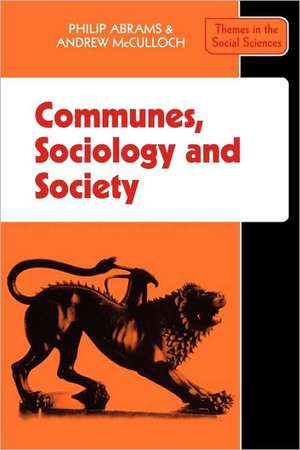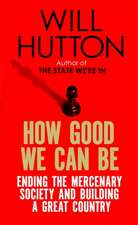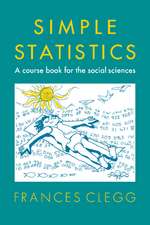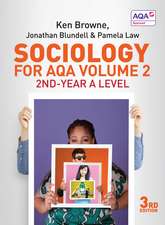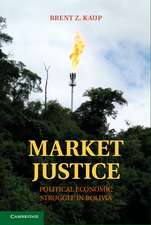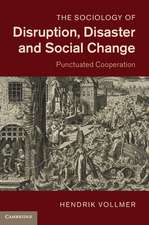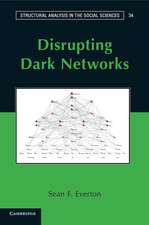Communes, Sociology and Society: Themes in the Social Sciences
Autor Philip Abrams, Andrew McCulloch, Sheila Abrams, Pat Goreen Limba Engleză Paperback – 26 aug 1976
Din seria Themes in the Social Sciences
-
 Preț: 303.03 lei
Preț: 303.03 lei -
 Preț: 137.31 lei
Preț: 137.31 lei -
 Preț: 197.27 lei
Preț: 197.27 lei -
 Preț: 161.27 lei
Preț: 161.27 lei -
 Preț: 313.04 lei
Preț: 313.04 lei -
 Preț: 171.87 lei
Preț: 171.87 lei -
 Preț: 368.73 lei
Preț: 368.73 lei -
 Preț: 241.43 lei
Preț: 241.43 lei -
 Preț: 309.19 lei
Preț: 309.19 lei -
 Preț: 322.29 lei
Preț: 322.29 lei -
 Preț: 156.72 lei
Preț: 156.72 lei -
 Preț: 203.24 lei
Preț: 203.24 lei -
 Preț: 376.95 lei
Preț: 376.95 lei -
 Preț: 282.87 lei
Preț: 282.87 lei -
 Preț: 284.78 lei
Preț: 284.78 lei -
 Preț: 285.16 lei
Preț: 285.16 lei -
 Preț: 282.48 lei
Preț: 282.48 lei -
 Preț: 281.88 lei
Preț: 281.88 lei -
 Preț: 279.17 lei
Preț: 279.17 lei -
 Preț: 298.67 lei
Preț: 298.67 lei -
 Preț: 236.78 lei
Preț: 236.78 lei
Preț: 284.39 lei
Nou
Puncte Express: 427
Preț estimativ în valută:
54.43€ • 56.61$ • 44.93£
54.43€ • 56.61$ • 44.93£
Carte tipărită la comandă
Livrare economică 14-28 aprilie
Preluare comenzi: 021 569.72.76
Specificații
ISBN-13: 9780521290678
ISBN-10: 0521290678
Pagini: 250
Dimensiuni: 152 x 229 x 14 mm
Greutate: 0.37 kg
Editura: Cambridge University Press
Colecția Cambridge University Press
Seria Themes in the Social Sciences
Locul publicării:Cambridge, United Kingdom
ISBN-10: 0521290678
Pagini: 250
Dimensiuni: 152 x 229 x 14 mm
Greutate: 0.37 kg
Editura: Cambridge University Press
Colecția Cambridge University Press
Seria Themes in the Social Sciences
Locul publicării:Cambridge, United Kingdom
Cuprins
Preface; 1. Communes and sociology - alternative realities?; 2. The nature, structure and problems of communes; 3. Some communes; 4. Self-seeking; 5. Men, women and children; 6. Solidarity, survival and success; 7. Communes, sociology and social policy; Appendix; Bibliography and references; Index.
Descriere
Based on a study of the commune movement in Britain, this 1976 book explores the ability of sociology to understand the 'alternative society'.
